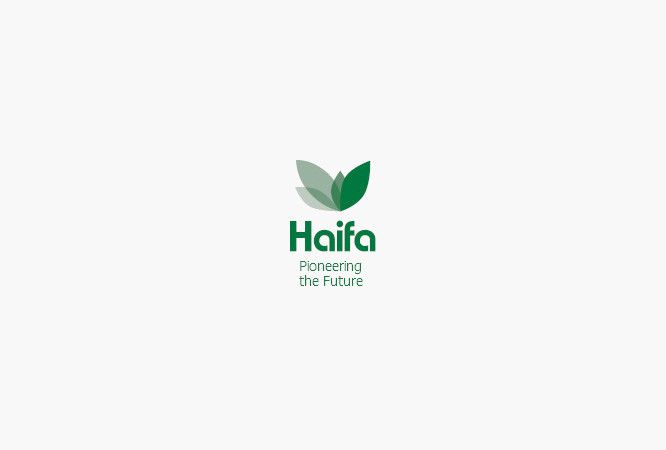Compare to conventional horticulture, commercial crop cultivation of medical cannabis is a new farming niche. While commercial and academic researches regarding optimal growth condition and nutrition for cannabis are still limited, most of the known growing practice is based on growers’ experience. Only recently, useful information has started to accumulate and is available to the public.
Recent research has shed some light on the effect of different nutritional regimes on the content of active compounds in cannabis flower buds and leaves. Some of the active compounds are secondary metabolites that are produced when the plant is in under stress. For example, some preliminary research has shown that inducing potassium deficiency increases cannabinoid concentration in cannabis flower buds. Research regarding connection between nutrient availability and stress on active compound levels is in its early stages and must be carefully referred when planning nutrition program for cannabis.
In many countries, growers practice is lead under the assumption that as long as THC and CBD content are within the regulatory limits, medical cannabis flower buds are the measured commercial yield they are looking to maximize. Therefore, crop nutrition programs should facilitate the right concentration of cannabinoids and high volume of flower yield while ensuring sufficient THC and CBD content.

Photo: Typical nutrient deficiencies in cannabis plants. Precise plant nutrition is essential to avoid such deficiencies, and grow healthy plants (image by: © Haifa Group)
Haifa Group, a leading expert in specialty fertilizers for over five decades, took the cannabis crop nutrition one step ahead, and developed a precise methodology and solutions for cannabis nutrition. The overall cannabis crop nutrition management approach is based on Haifa’s vast experience in plant nutrition of horticultural crops worldwide. The prime objective is to analyze and meet the plants’ nutrient requirements in the most efficient and accurate method.
Medical cannabis is grown on soilless substrate. Optimal root environment, accurate irrigation and moisture content, are critical in order to supply the plant requirements and maintain proper oxygen levels.
Plant nutrients should be supplied through the feeding solution, and in order to keep optimal conditions for nutrient uptake, pH level must be maintained at 5-6.5, and 20-30% drainage of irrigation water should be kept in order to prevent high salinity conditions. A continuous monitoring of EC and pH in both irrigation water and drainage water is therefore highly important. Only pure and precise fertilizers that are developed for that task can ensure proper and harmless nutrition supply.
 Growth cycle of cannabis cultivation can be divided to two main stages, vegetative phase and flowering phase - where the plant develops its flower buds.
Growth cycle of cannabis cultivation can be divided to two main stages, vegetative phase and flowering phase - where the plant develops its flower buds.
The last can be internally divided to more stages. Vegetative growth stage starts after the establishment of the rooted cutting when seedlings are planted in the growing substrate.
During this stage, when growing in a controlled environment, plants are exposed to long daylight hours (16-24 h) which induces vigorous vegetative growth. This stage is crucial for a strong and healthy plant to be able to produce high volume and quality flower buds. Nutritional requirements at this stage are high in order to support the rapid growth of the plant - especially nitrogen and potassium. Special formulae suggested by Haifa Group provide growers with the ability to maintain the most precise nutrient levels that the medical cannabis crop needs.
A key point is to have a well-balanced, complete plant nutrition that includes not only the precise NPK ratio but also supply adequate micronutrients. Unlike conventional fertilizers used in traditional agriculture, the medical cannabis focused fertilizers must be fully water soluble be virtually free of chloride, sodium and other detrimental elements for plants.
Flowering phase is induced when daylight period decreases to 10-12 hours. This phase is divided into three inner physiological stages; bud formation, bud sizing, and the finishing stage when the flower buds reach maturity and ready for harvest. This is a critical stage and any nutrition provided during the flowering phase directly influences the bud formation and development. Nitrogen and potassium levels should be in favor of potassium. Phosphorus in this stage should be present in the feeding solution but not in excess. Concentration of 60-80 ppm (P2O5) supply the plant needs at this stages.
Cannabis growers cultivate a wide variety of hybrids. Each hybrid has different nutritional requirements than the other hybrids. Nutritional program must be adjusted according to the specific hybrid’s requirements. Moreover, nutrient deficiency symptoms may develop and look slightly different for each hybrid. In order to adjust the program for each verity, systematic tests were held. Together with vast experience gained worldwide by the Haifa Group agronomy team, medical cannabis plant nutrition solutions offered by the company are well-proven and convert knowledge into yield, such as: Haifa VitaPhos-K™, Multi-K™ Reci, Poly-Feed™ GG, Haifa GrowClean™.








